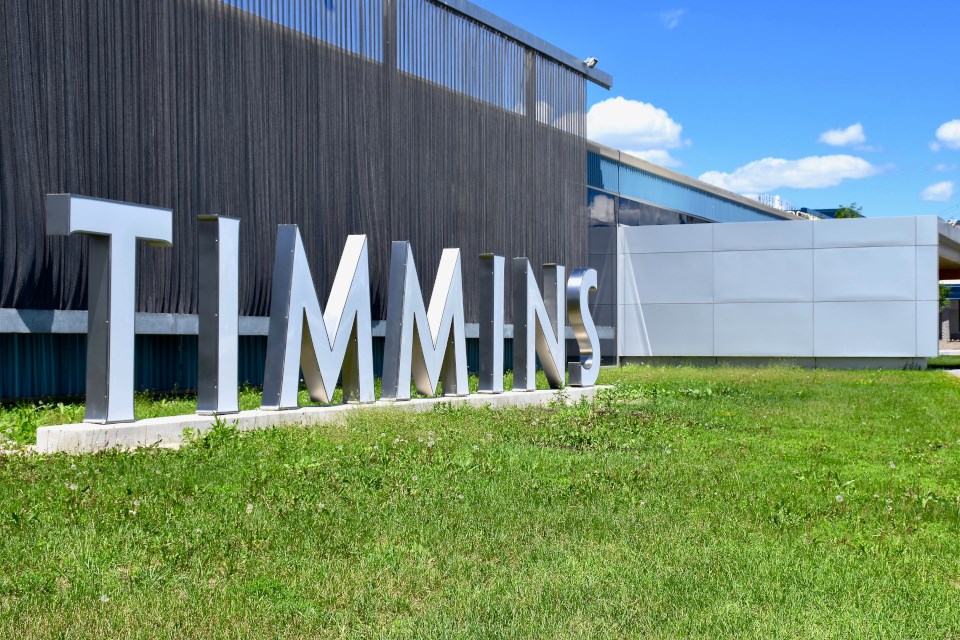After struggling to find qualified engineers in the North, Timmins businessman Stephen Symes decided to cast his eyes south.
Through a pilot program known as “the Internationally Educated Professionals (IEP) Opportunity in Northern Ontario: a Timmins Initiative,” Symes was able to draw from a pool of qualified, foreign-trained workers living in southern Ontario.
Angel Pangilinan moved to Toronto from the Phillipines and has since moved to Smooth Rock Falls to work as an engineer on a project for RLP Machine & Steel Fabrication Inc., where Symes is president.
“It has worked out really well, and the bottom line is that it’s good for everybody,” says Symes, who is also president of CMS Mechanical.
“We find we’ve been having difficulty getting people, which has left a definite hole and this is a good method of filling that hole.”
This program, delivered in a partnership between the Timmins Economic Development Corporation (TEDC) and the Toronto-based Progress Career Planning Institute (PCPI), has been in place for over a year, and has recently begun to bear fruit.
In fact, while Symes’ tale is the first success story seen through the TEDC’s program, it isn’t the only one. Plant engineering and capital project management firm BPR Bechtel recently hired a new electrical project leader through the program, while De Beers Canada has also hired some staff for the Victor Project.
“There’s been a lot of interest in this type of thing locally, and we’re hoping it will snowball,” Dave McGirr, president of the TEDC, says.
Within this partnership, PCPI verifies accreditation from professional applicants who have moved to Toronto and are not making good use of their skills. The TEDC works with the local employers to determine exactly what type of professionals are required and then matches them up to PCPI applicants.
A theme common throughout the North is that the strength of the mining industry has left the Timmins region low on engineers, mechanics and other technically skilled workers.
Timmins Mayor Tom Laughren accompanied TEDC officials on three separate visits to Toronto in order to promote the program and the northeast as a viable place to work.
“I think a reason a lot of them stay in Toronto is simply because they just don’t know about the North, which is something that we’re trying to change,” Christy Marinig, CEO of the TEDC, says.
More than 150 resumes from Toronto-based immigrants have already been received, and TEDC officials have spent much of the last few months promoting them within the local business community.
The program has proven to be so promising that TEDC officials are already working with economic development organizations in Sudbury to help them implement a similar program.
The IEP Opportunity in Northern Ontario program is just one aspect of the TEDC’s attempt to bring more workers to the region. It is also working on a separate effort to introduce workers currently living in the Phillipines into entry-level positions within Timmins businesses. After earning a temporary worker’s permit, they will then be free to seek more advanced roles within those companies.
This initiative is already underway, with 10 people expected to have submitted the requisite paperwork to the Canadian embassy in Manila by early February.
The Phillipines were selected as a target for this particular project because Timmins features a small, but important Filipino community, which Marinig hopes to leverage to eventually broaden the program.
Having this built-in cultural network is key to attracting foreign-trained workers. It provides a sense of connectedness and is crucial in some cases. Timmins does not have all the amenities and services available in larger centres such as Toronto, Marinig adds.
With other such cultural communities flourishing in the city, such as East Indian and German clusters, the potential exists to pursue a similar initiatives in countries other than the Phillipines.
Marinig hopes some of the foreign-trained workers who arrive in the city may one day set up their own business, creating entirely new jobs within Timmins.
“We’re trying to get as many legs on the stool as possible to facilitate the growth of the workforce here in Timmins,” McGirr says.




